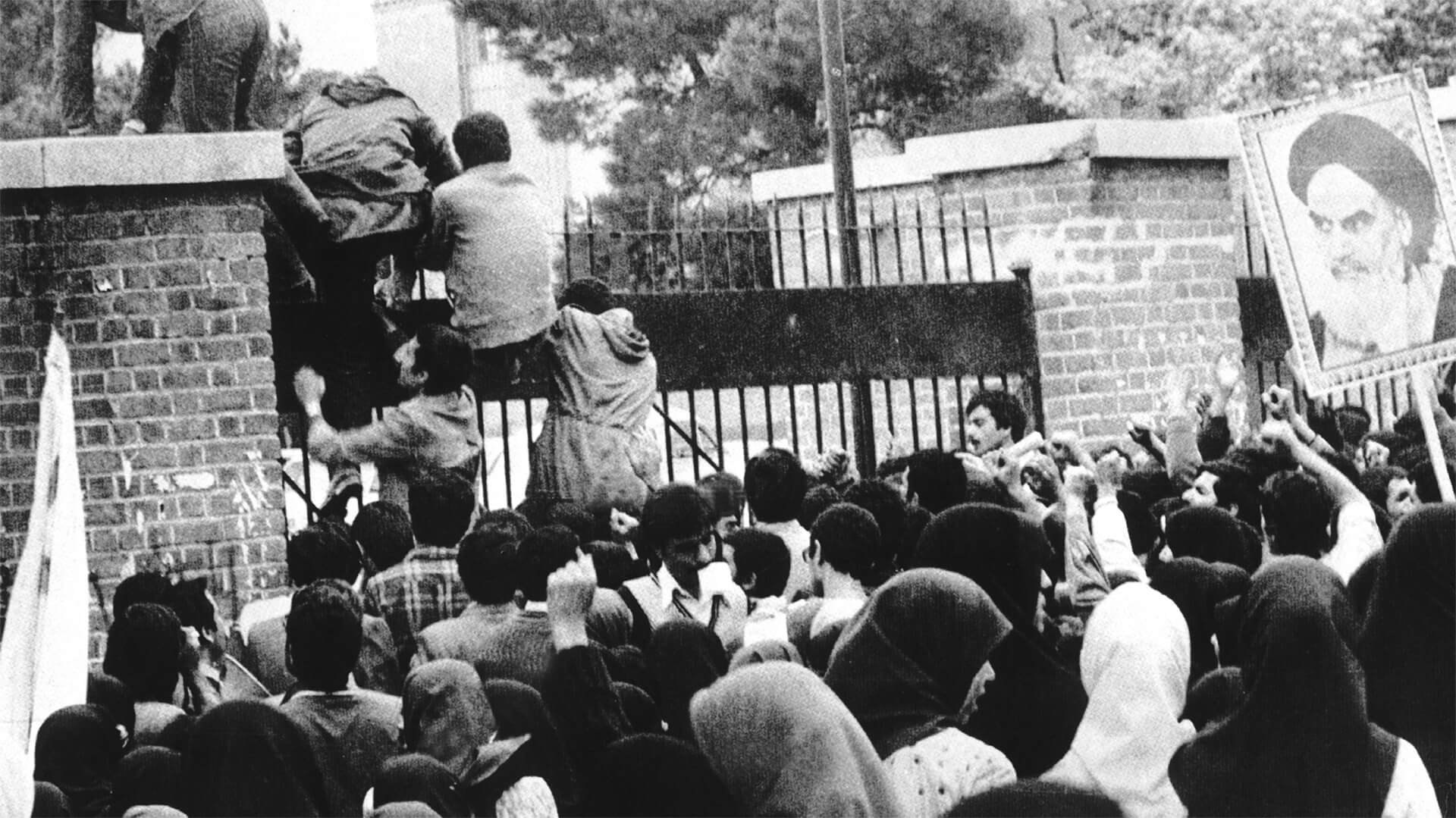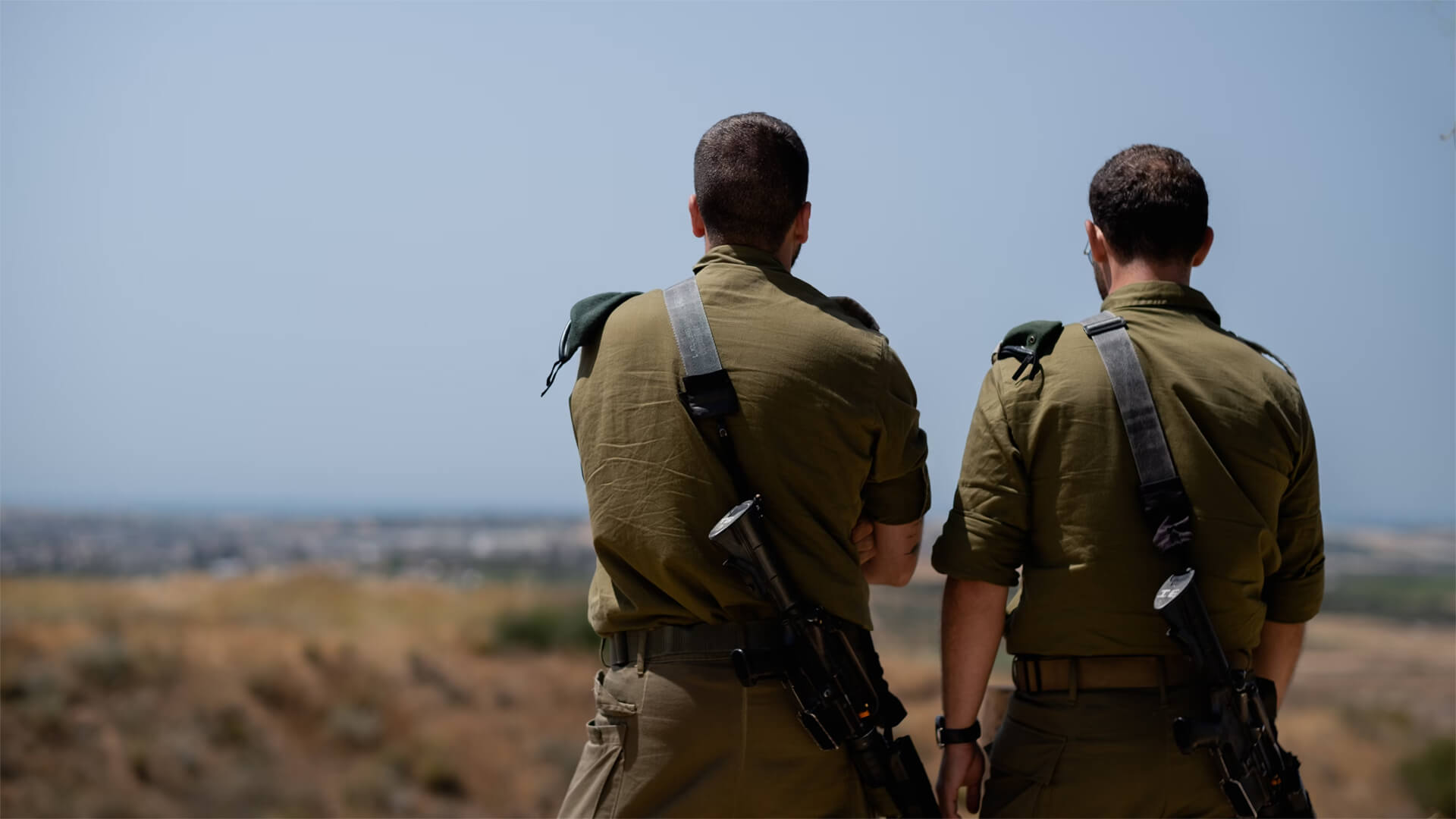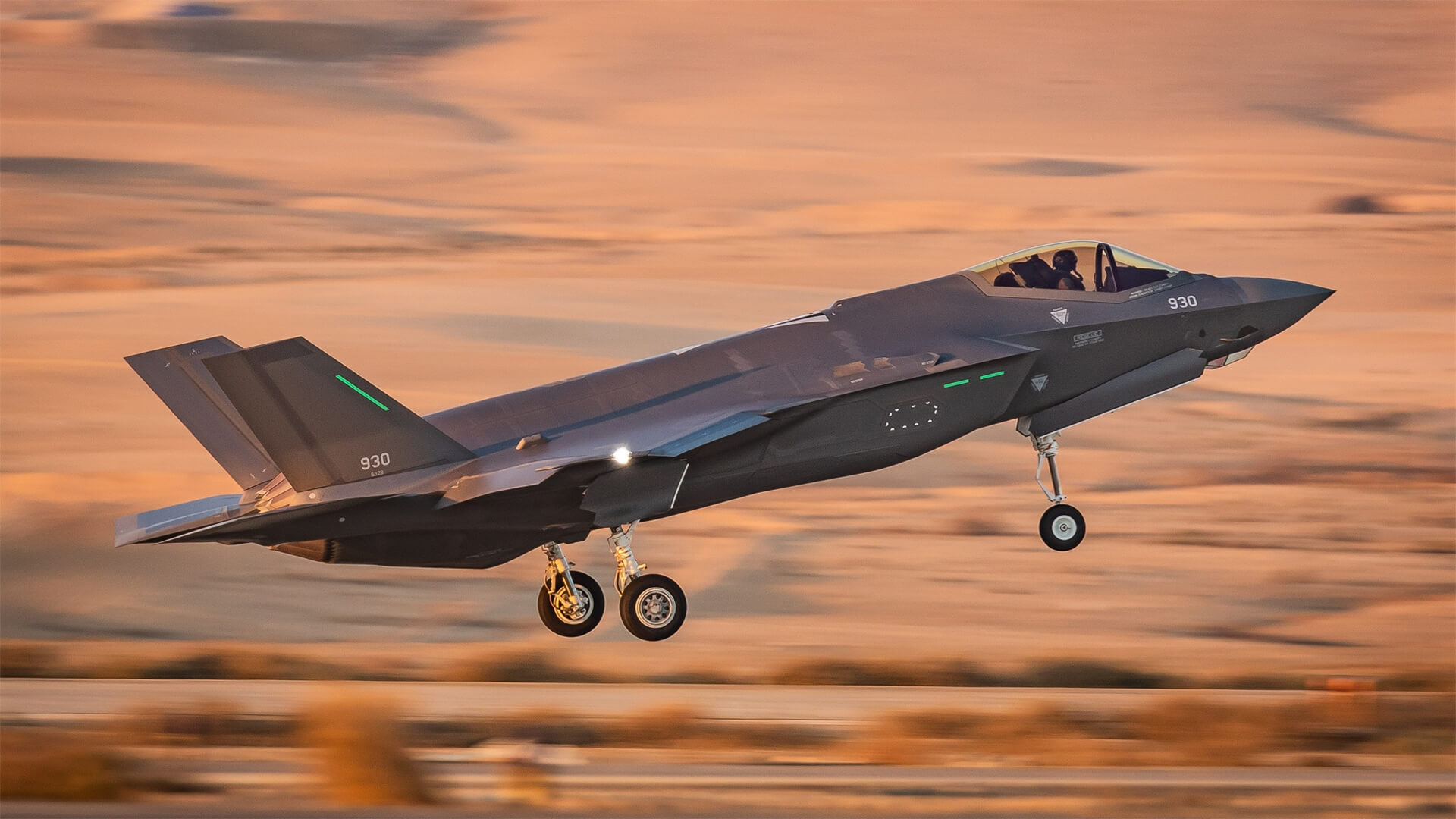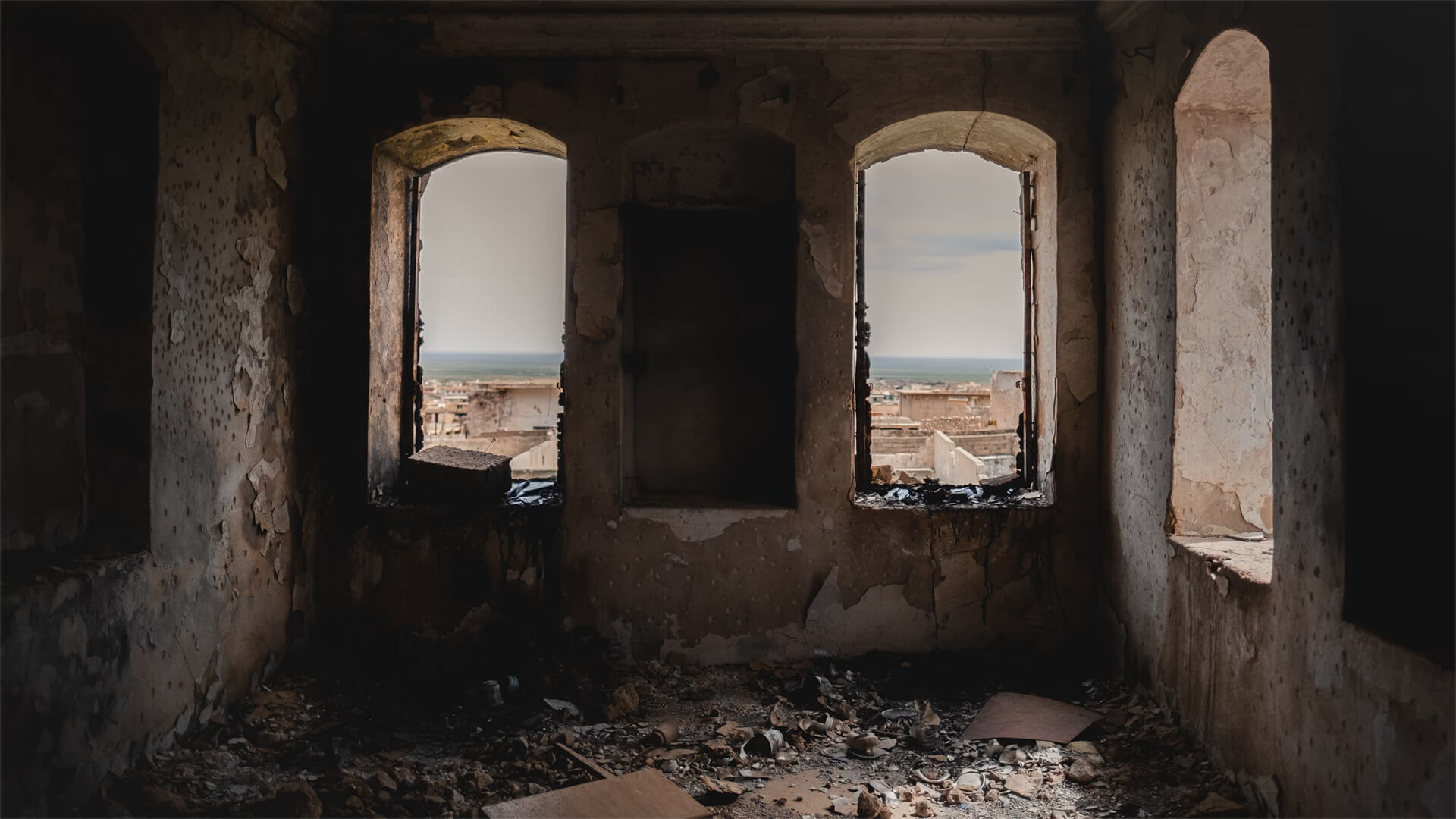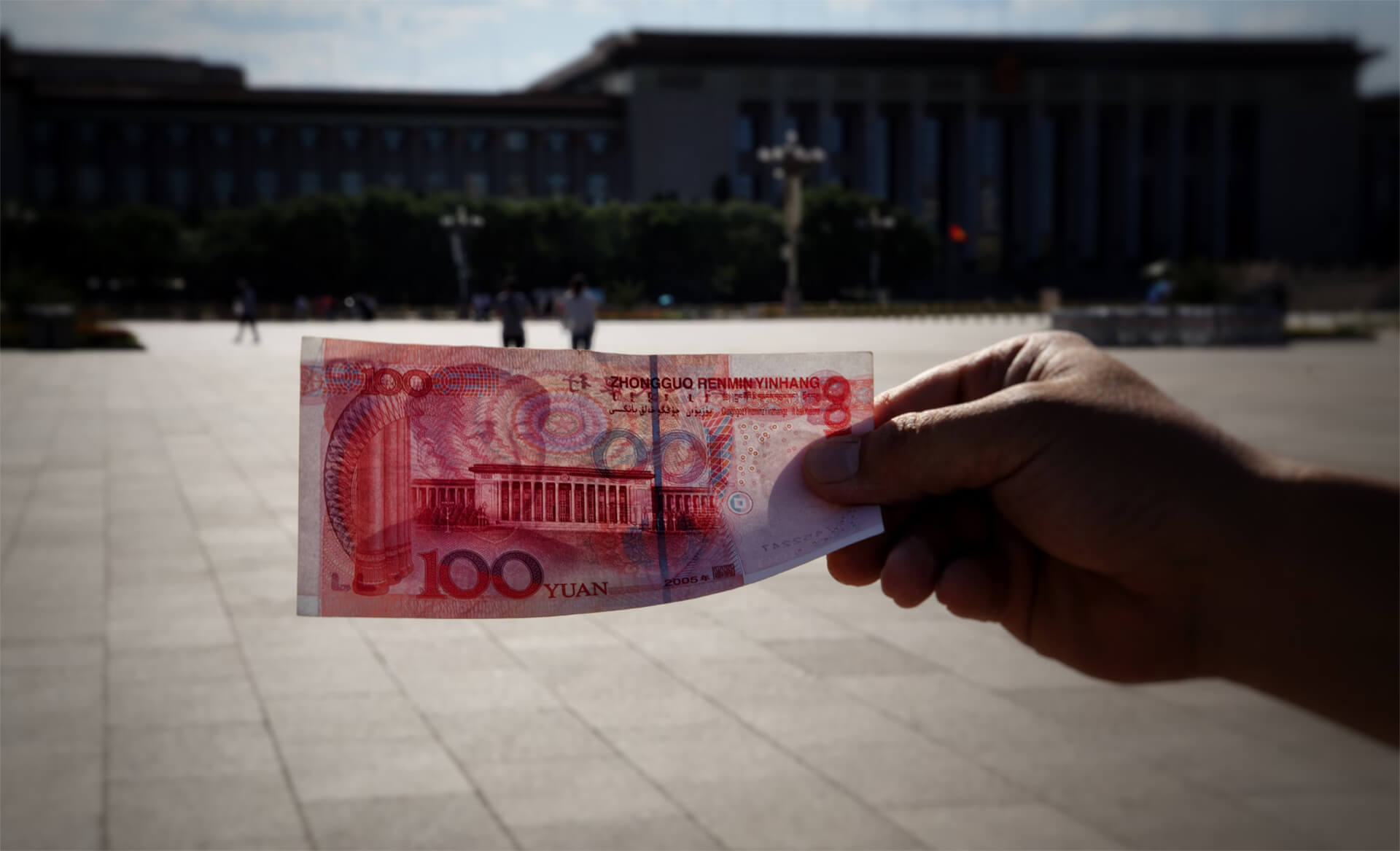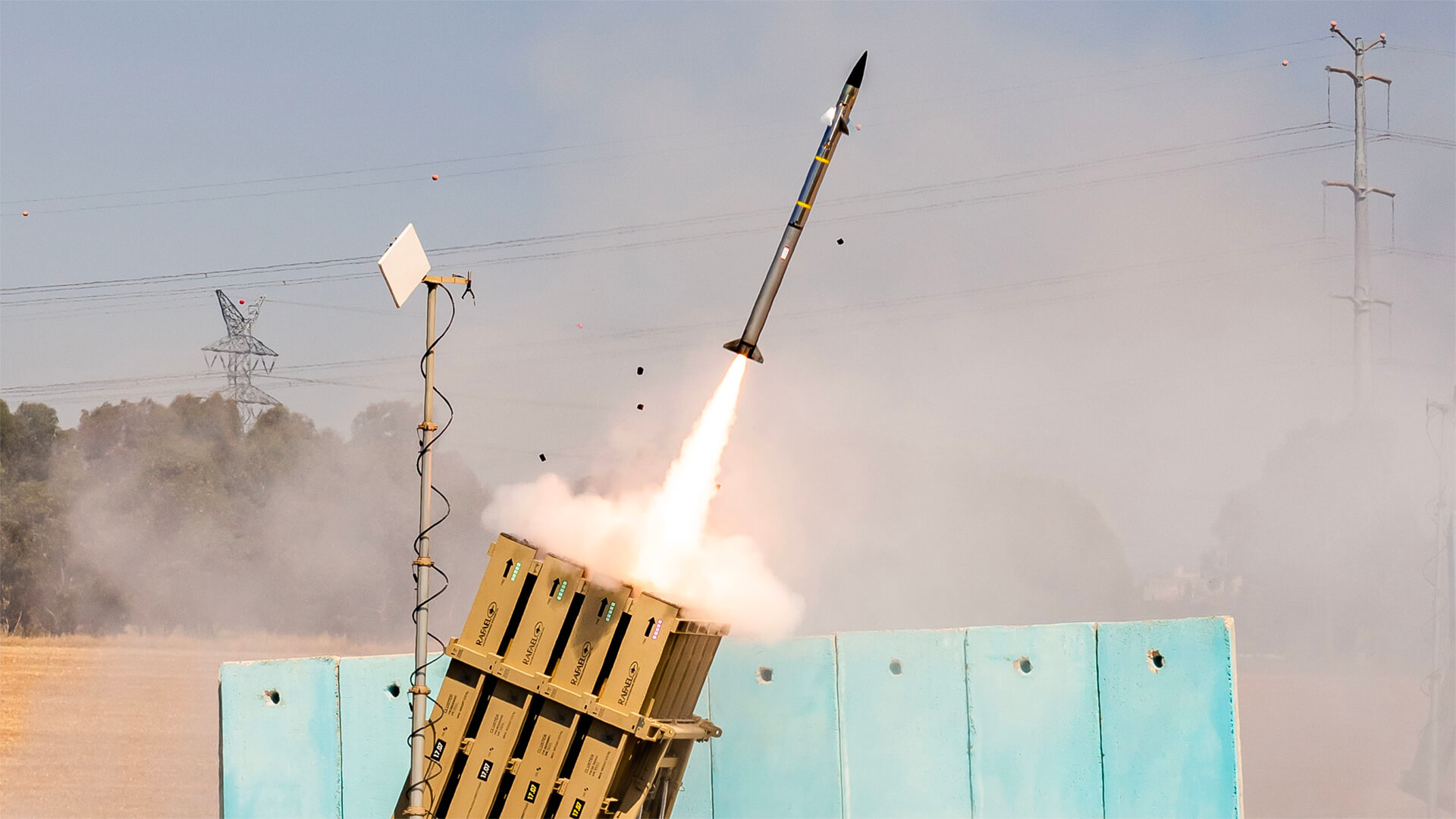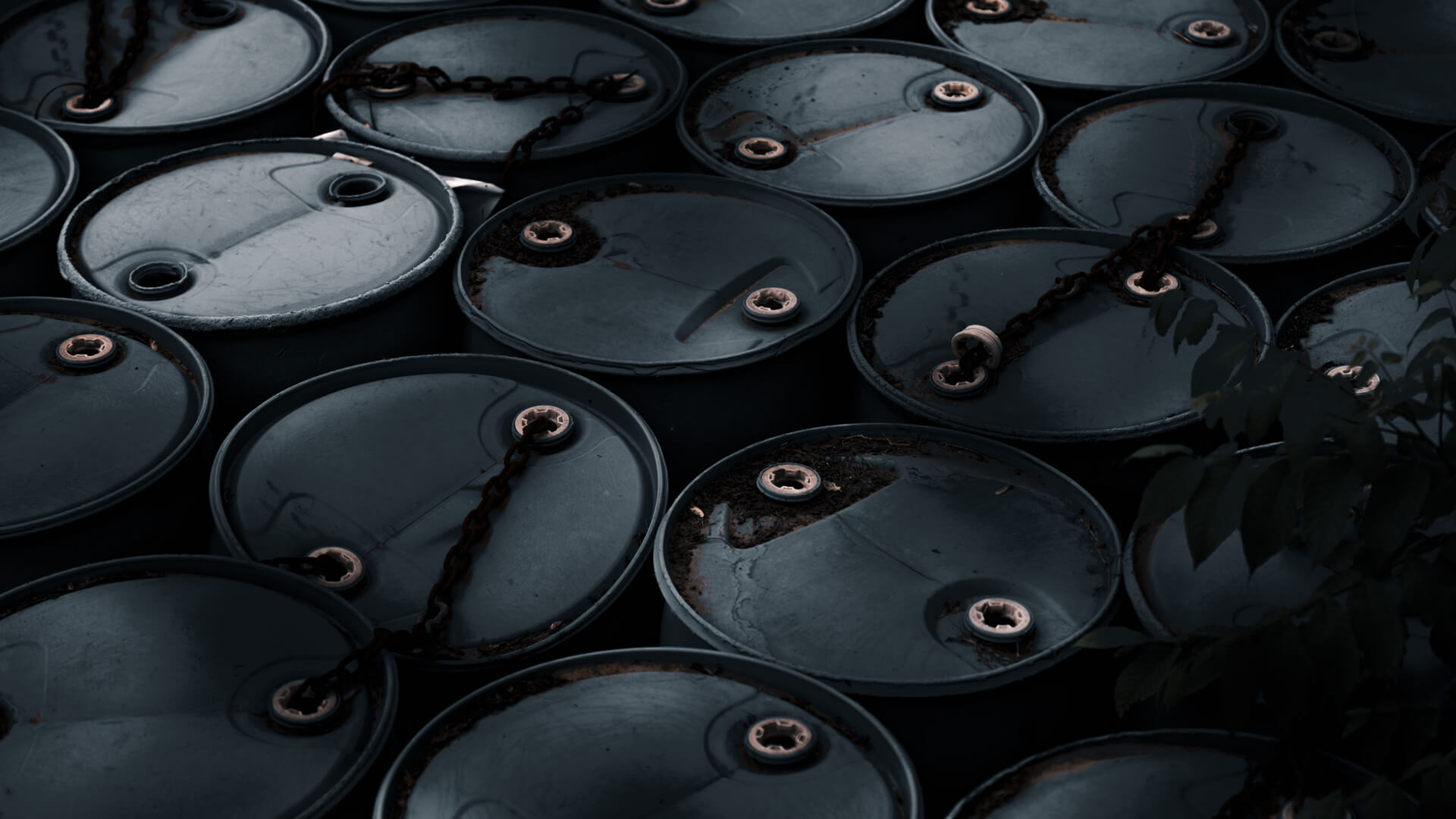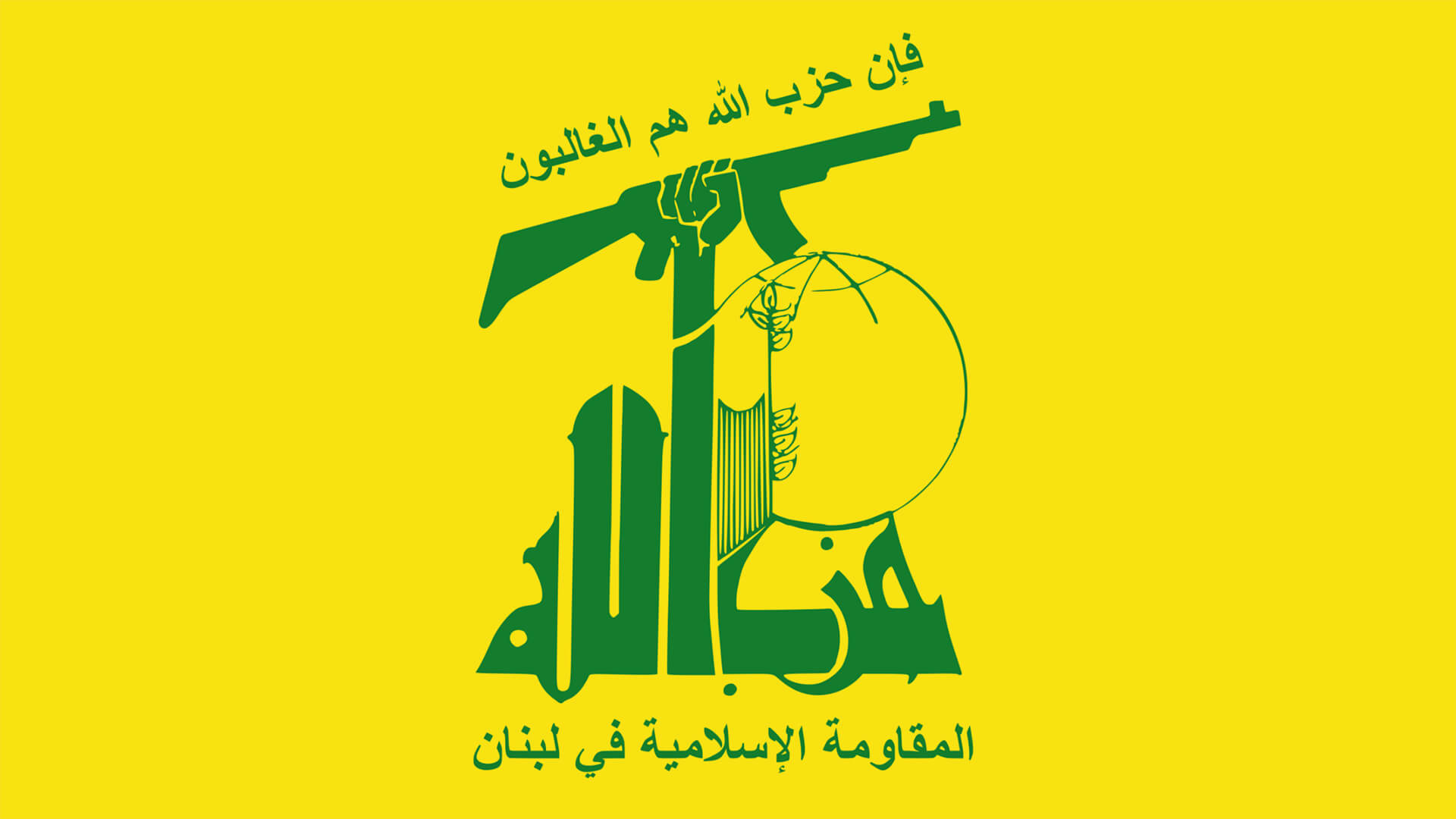Next in our Trump 2.0 list, we have Iran. This is one of those countries that is quite isolated from the US, so Trump can have a bit more fun with his policies.
Places like Russia and China are complex and require jumping through hoops to have anything stick. Naturally, Trump’s big-talk-no-walk strategy didn’t work so well against these powers, but Iran is different. The country is isolated from the US and the risk of blowback from actions against them is limited.
So, in his first term, Trump put the pressure on Iran by cutting off oil exports. However, they quickly developed a “shadow fleet” to circumvent that. Trump’s next step would be to impose secondary sanctions to disrupt the “shadow fleet”. There’s the option to involve the military with blockades, but that risks destabilizing the global maritime system.
Until Trump and his administration show the capacity to come up with policies that manage the fallout of any new actions against Iran, let’s hope that Trump doesn’t start swinging his sledgehammer too hard.
Here at Zeihan on Geopolitics, our chosen charity partner is MedShare. They provide emergency medical services to communities in need, with a very heavy emphasis on locations facing acute crises. Medshare operates right in the thick of it, so we can be sure that every cent of our donation is not simply going directly to where help is needed most, but our donations serve as a force multiplier for a system already in existence.
For those who would like to donate directly to MedShare or to learn more about their efforts, you can click this link.
Transcript
Hi everyone. Peter Zeihan here coming to you from Blenheim, New Zealand. And today we’re going to do the third in our open ended series of the challenges awaiting the incoming administration of president elect Trump. We’ve already dealt China, Russia. Today we’re going to tackle Iran. And unlike China and Russia, who had a great record of manipulating the former and future presidents in their first term, which really set back American strategic policy in both regions quite a bit.
Iran is on the opposite side. And the reason is pretty straightforward. If you want to reign in Russia, it requires a coalition of powers to cut off technology and transfer and energy purchases. It was integrated into the system and the sort of coalition building that is required to contain or beat back a country like Russia is extreme.
And Trump isn’t a builder. He can’t manage his own government. He can’t, direct things. He’s not a guy who has a command of the details, or allows the people who have the command of the details to influence policy. It’s a one man show with Trump and the details that are required. The breadth of expertise that is required just isn’t allowed to function in his administration in China.
Same general topic. But instead of allies, although you do need allies to contain China, the technical expertise that is required is is extreme. The American Chinese relationship is one of the deepest economically in human history. And the idea that one person, no matter how intelligent, could see the INS and the outs and the consequences and even perceive the tools is kind of silly.
So Trump would go for a big deal and then he’d walk away. The Chinese would never implement the deal. And there we were. So even at the height of Covid, when we realized that something like half of the medications that Americans use every day, especially the cheaper ones, were being made in China, even when there was bipartisan support to do something about it.
He could not lead in order to bring that stuff back. Same with protective gear. Anyway, it made policy on China very difficult. Policy on Russia. Very difficult because there was never any consistency. There was never any follow through. None of that really applies to Iran, because ever since 1979, when the Iranian revolution occurred and the mullahs came to power, ever since then, the United States has basically separated Iran from everything that it cares apart bit by bit over the last eight presidents.
So by the time you got to the Trump’s first term, there was no fear of a blowback to the American economy if you were just to crush Iran completely. And so we got what we called a maximum pressure campaign, which was nothing of the sort. But it did succeed in driving almost all of Iran’s oil exports out of the normal financial system, meaning that the Iranians could still export, but they had to use alternative means.
They had to build a shadow fleet.
And it’s not somewhere between 10 and $30 a barrel off of their margins for all the crude that they did export. So a lot of it did go underground.
It didn’t go away. But the profits that the Iranians were able to reap from it dropped precipitously. And all the while in the background, the American Revolution was churning the pace, displacing some of those barrels on the international market and certainly dropping the price of global oil prices to hit the Iranians with a double blow. Now, since then, the Iranians have taken a lot of hits.
Hezbollah and Hamas are in a box. Basically, Syria is gone. These are all proxies and allies of the Iranian system, the most capable militant force that is allied with Iran right now outside of Iran’s own borders or the Houthis, which I would argue are some of the most incompetent militants in the world. If it wasn’t for the equipment that was coming in from Iran, we wouldn’t care about them at all.
And so taking Donald Trump’s sledgehammer approach to, to, diplomacy and strategy probably doesn’t work very well in places like Russia and China. But in Iran, it really could. Because if you were to somehow remove Iran’s crude from the market, which, based on the data, is somewhere between a half 1,000,001.5 million barrels of exports, there would be a ripple through global energy markets.
Yes. But this isn’t the 1980s when 4 million barrels suddenly disappeared. And this isn’t China, where it’s the largest trading partner of a number of countries in the world, including, most of our allies, in Asia. So you smash China, everyone feels it for years, especially if they’ve been prepared.
If you smash Iran, the global outcome is relatively limited, and it’s concentrated on countries like China that import the bulk of the crude that the Iranians send out. So you’ve got this weird situation where it’s an atypical power that is not heavily internationally invested. The United States is not involved with it in economic matters. And the tools that Trump would bring to bear.
While they seem simplistic and in many ways, they are would actually work. So there’s two things that you should expect to see. Number one, you should expect to see the Trump administration come up with a series of secondary sanctions to target Iranian oil on a broader scale. Now, it used to be that the biggest hole in all of this was the Europeans.
So the United States was established sanctions and maybe even a degree of secondary sanctions. But then the Germans, the French, would basically ignore them and claim that the Americans were exercising extra territoriality with which they were, and find ways to deal with Iran independently. But ever since things, that have boiled up in the Middle East with Hezbollah and Syria, the Europeans are taking a very different stance, taking a much stronger stance against Iran, are more likely to cooperate this time around.
That just leaves countries like India and China, especially on the other side of this, which is something that the Trump administration isn’t going to care about all that much. But if you basically get the entire Western world, participating in the financial section’s sanctions and then start playing secondary sanctions to China, we’re in a situation where you can actually move the ball down the field quite a bit.
The second thing, the more important thing is to go after the oil itself. Now, if you remember the term shadow fleet, these are older tankers primarily, that operate without transponders, that don’t use the US dollar system, that are basically operating under the radar of global finance. Oftentimes they deal with physical transfer of gold and or cash, typically US dollars or euros, to send money directly from the, country that is doing the buy in to the countries is doing the selling.
So normally when you are buying or selling crude, the country that is doing the buying does basically fancy wire transfer. I’m oversimplifying here, but it’s basically goes through the financial system so it can be regulated. Most of that has been shut off. So now you either have them using the yuan as an intermediary or them literally physically transporting cash from point A to point B.
Most of the countries that are participating in sales, with the shadow fleets, want the physical currency because it is more, exchangeable for everything else that they would need. You can only do so much with. You want to anyway. This means that the only way to really disrupt the Shadow fleet is go after the fleet itself.
Now, in the case of, say, the Russian shadow fleet that’s going through the Baltic, the Scandinavians can always make up an environmental reason to grab a ship and dock it. But that means eventually they have to let it go. If you want to go after runs, you have to go after the ships themselves and not let them go.
Now, from a tactical point of view, an operational point of view, this is very, very easy. The Iranians don’t have a navy that is more than speedboats. And the Indian Ocean basin is a pretty big place. So if the United States decided it wanted to blockade Iranian crude coming out of the Strait of Hormuz, it would really be child’s play from an operational point of view.
The question is, what then happens to the broader maritime experience? Because if you get the global naval superpower, the one that’s several times as powerful as everyone else’s navies combined, even before you consider that the second and the third most powerful navy in the world are tight American allies in Japan, in the United Kingdom. If you get the U.S. Navy involved in taking civilian ships out of the system, we’re entering a new world.
And while the Trump administration certainly could do that, it would then have to come up with a replacement system, because once the ocean blue is no longer safe, the way we handled shirts changes and the way we handle patrols changed because other countries will start doing it, too, when we very rapidly get a breakdown in global agriculture, energy and manufacturing.
I’m not saying this won’t happen. I’m saying that I don’t think the Trump administration or the Trump administration has thought through what the next step is. So I did a piece a few days ago talking about how events with the shadow fleet in Russia, events in Scandinavia, events in the Middle East were all pushing us towards this world where the maritime system simply shatters, and most of the ships that sail the ocean blue, especially long haul ships, simply won’t be able to function.
If you really want to go after Iran’s shadow fleet, if you really want to do a true maximum pressure campaign, that also means breaking the system. The question is whether or not the Trump administration come up with some way to soften the blow, so it doesn’t automatically wreck everything else. I’m not sure that’s a circle that can be squared.
But if there is a way to do it, it will require some significant policy creativity, which, Trump team has never really shown. And it’ll show the ability to adapt to changing circumstances, which the Trump team has never really shown. And it will require coming up with an alternate system in which all of the major powers of the world naval powers of the world are in broad agreement as to what this should be, and diplomatically, that requires action that the Trump administration previously has not shown.
And I don’t mean this so much as a condemnation of the Trump team specifically. I don’t think Team Biden could have figured out. I don’t think Team Obama had certainly no Team Obama couldn’t figure it out. The last president might have had the gravitas and kind of the command of the details to it was George Herbert Walker Bush.
He obviously wanted to go a different direction that we didn’t follow. So we’ve always known that globalization was going to break sooner or later. This is one of those things that could do it. In the meantime, if you’re Iran, things are about to get rough because there are very few reasons for the Trump administration not to swing the sledgehammer.
This isn’t Russia where there’s some strategic implications that involve nukes. This isn’t China where you’ve got a very deep interlaced economic relationship. This is a country that the Trump team knows from previous experience that it can really hurt. And now they’re looking for ways to hurt it more. The question is whether or not it gets to the point that has broader implications.
And that will only be determined by the steps that the Trump team takes in its opening weeks. What I can tell you for sure, though, is that unlike China, unlike Russia, which are thorny issues and require a degree of collaboration, Iran doesn’t and team Trump knows that, and they are looking forward to this with giddy anticipation.


